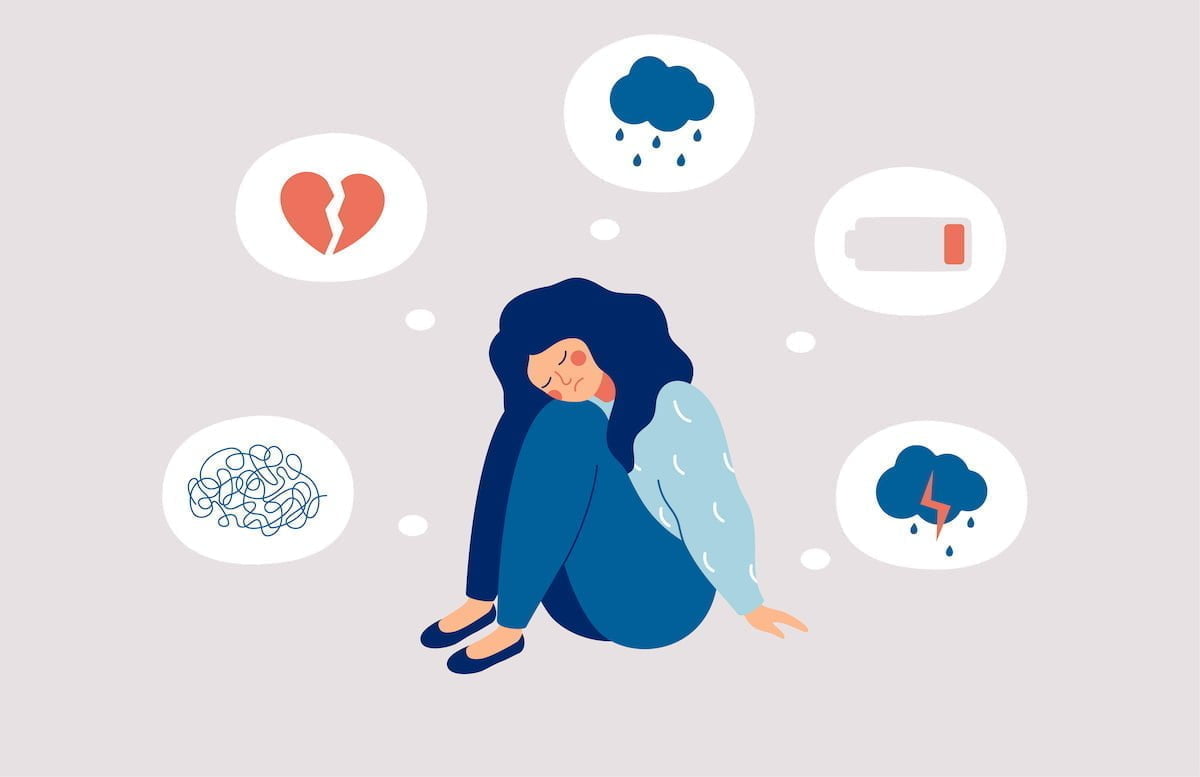Mental health
US company to launch trials on CBD for anxiety disorders
Receptor Life Sciences is to launch trials on its dry powder inhaled CBD products.
-

 News6 months ago
News6 months agoUK government accepts ACMD recommendations for CBD products
-

 News6 months ago
News6 months agoEurope’s first legal cannabis dispensaries to open under sixth Swiss pilot
-

 News6 months ago
News6 months agoUK government to permit electronic prescribing of cannabis medicines
-

 Science5 months ago
Science5 months agoMedical cannabis doesn’t impair cognitive function – study
-

 Industry5 months ago
Industry5 months agoFirst Jersey-grown medicinal cannabis product to hit UK market
-

 News6 months ago
News6 months agoFive years of medical cannabis, five NHS prescriptions – how did we get here?
-

 Medical cannabis6 months ago
Medical cannabis6 months agoAlzheimer’s and medical cannabis: a new hope for patients?
-

 News5 months ago
News5 months agoJapan takes major step towards cannabis reform














